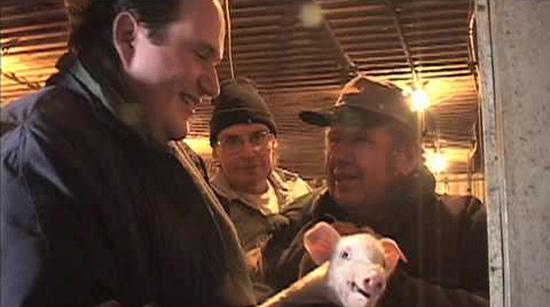

Ĭannibalism has recently been both practiced and fiercely condemned in several wars, especially in Liberia and the Democratic Republic of the Congo. Cannibalism was also practiced in ancient Egypt, Roman Egypt and during famines in Egypt such as the great famine of 1199–1202. Neanderthals are believed to have practiced cannibalism, and Neanderthals may have been eaten by anatomically modern humans.

Cannibalism has been well documented in much of the world, including Fiji, the Amazon Basin, the Congo, and the Māori people of New Zealand. Fiji was once known as the "Cannibal Isles". Cannibalism was practiced in New Guinea and in parts of the Solomon Islands, and flesh markets existed in some parts of Melanesia. Some controversy exists over the accuracy of these legends and the prevalence of actual cannibalism in the culture. The Island Carib people of the Lesser Antilles, from whom the word "cannibalism" is derived, acquired a long-standing reputation as cannibals after their legends were recorded in the 17th century. The meaning of "cannibalism" has been extended into zoology to describe an individual of a species consuming all or part of another individual of the same species as food, including sexual cannibalism. A person who practices cannibalism is called a cannibal. Human cannibalism is the act or practice of humans eating the flesh or internal organs of other human beings.

For other uses, see Cannibal (disambiguation).


 0 kommentar(er)
0 kommentar(er)
